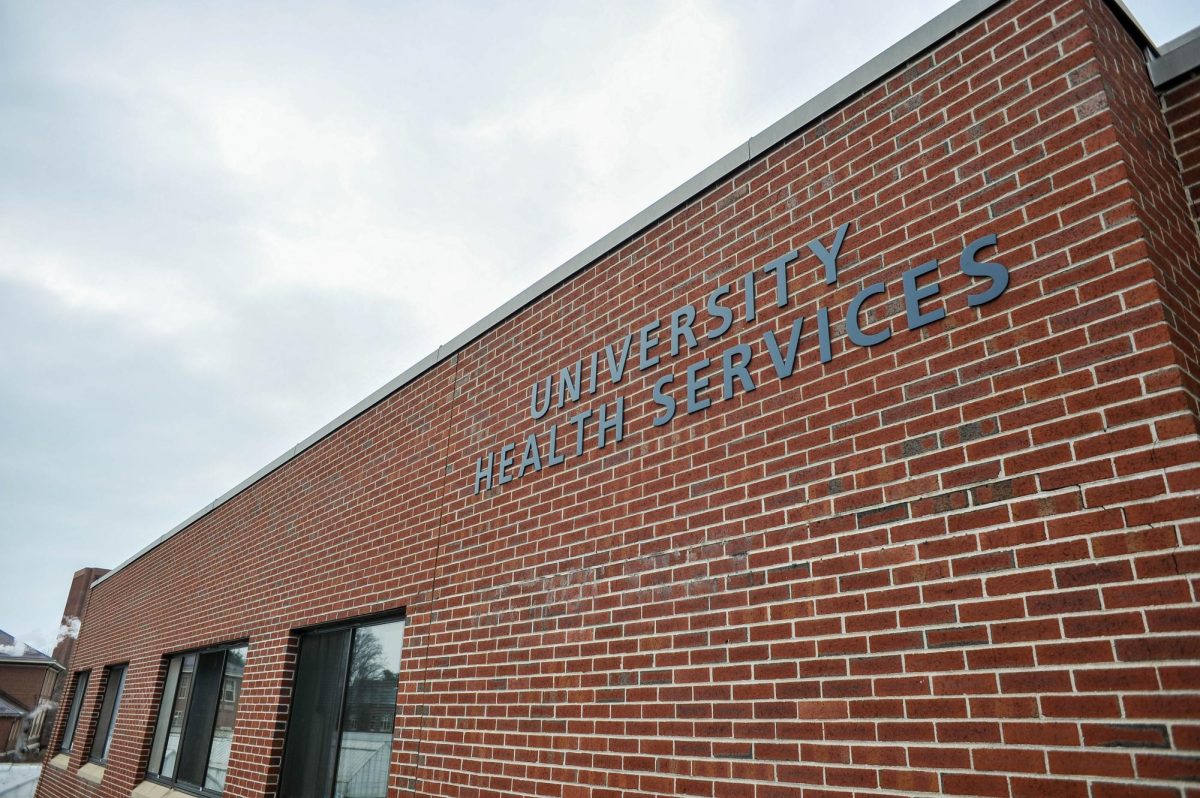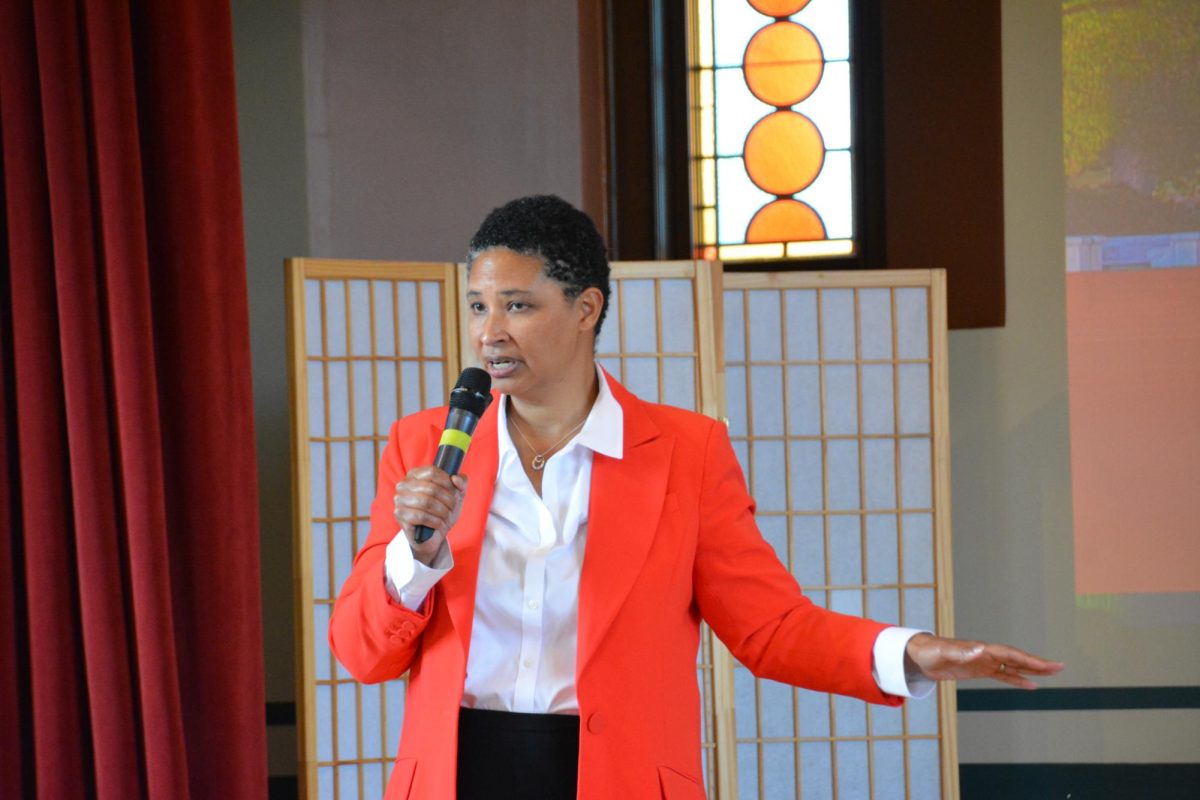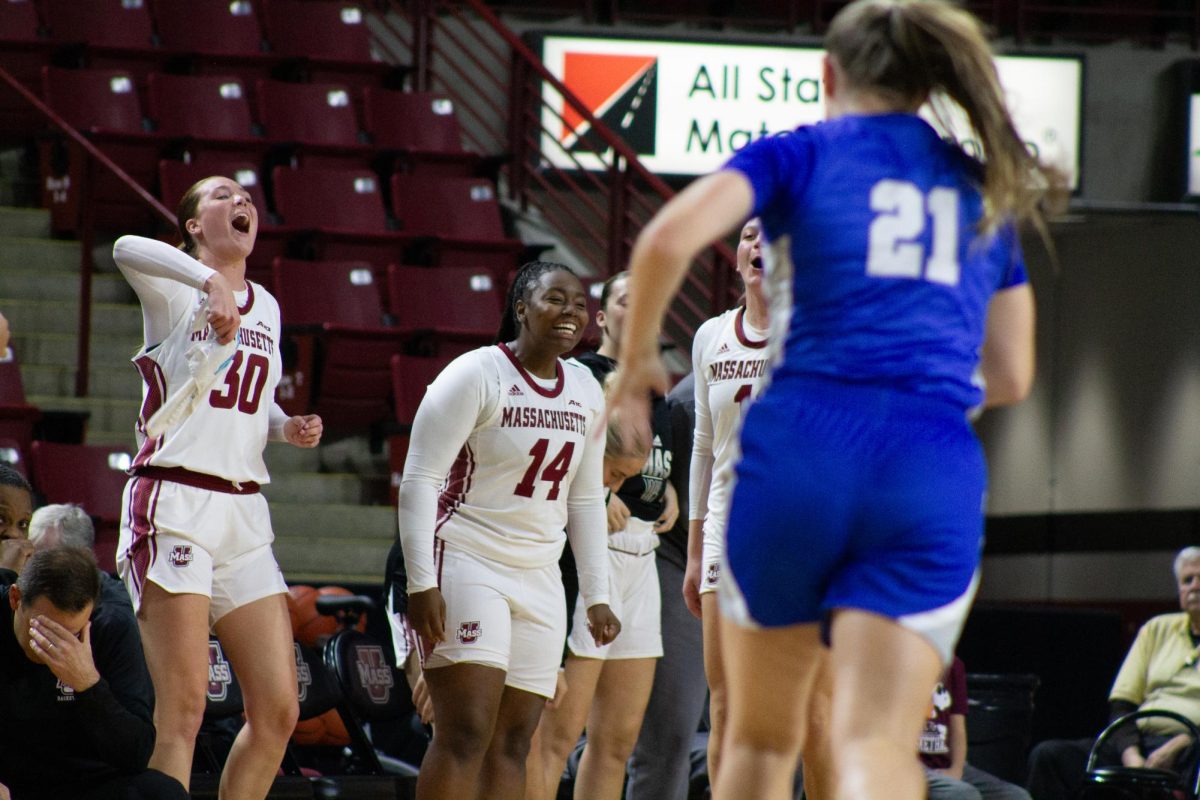Looking for a better way to deal with the shortage of nurses, the University of Massachusetts and Baystate Medical Center (BMC) started a new program this semester to help counteract the predicament.
It’s a three-year project in which 16 third and fourth-year students can have hands-on experience with Baystate facilities.
“We must look to innovative new partnerships between academic institutions, such as UMass, and hospitals like Baystate to deal with the challenges of ensuring an adequate and qualified nursing workforce and the development of professional nursing practice in the 21st century,” said Sharon Smith, Vice President of Patient Care Services at Baystate, in a news release.
The students involved in this collaboration can benefit from paid internships at Baystate, and scholarships will be available to Baystate Health System (BHS) employees. Baystate contributed more than $475,000 throughout the program to assist with the costs of training for students and professional-development expenditures needed for the nursing staff at the hospital.
Timothy Teehan, director of Nursing Staff Development at Baystate, said that this project is a “win-win” situation for both UMass and Baystate.
UMass and Baystate faculty will supervise the students and nurses, acting as “cultural brokers” or liaisons for the two sides according to a news release.
“Considering the breadth of the training and the geographic reach of the project, everyone involved will need some level of support,” said Eileen Breslin, Dean of School of Nursing, in a news release. “Our faculty members are ready to provide that support, and we believe their assistance will increase the likelihood that these students will choose to remain at a Baystate facility after graduation.”
The faculty will see towards the retention of new graduates and support staff development through sharing their experiences as well as assisting with projects that deal with those issues.
“If this region can keep four-dozen nurses who have had the benefit of state-of-the-art university training as well as hands-on clinical experience in a Baystate setting, we will all benefit,” Breslin said. “Today’s nurses absolutely must understand and be comfortable working with many different types of medical technology, and they need the critical thinking and research skills that only a university education provides.”
Breslin and Teehan both said that the collaboration was good for both worlds and that both sides will benefit off each other.
“BHS will benefit from the expertise of faculty and staff at UMass who, with their access to the latest research will bring new ideas and new ways of doing things to the clinical setting, and assist us in measuring the effectiveness of our activities,” Teehan said.
“At the same time, they [students] need good, solid experience working in a variety of clinical settings, from clinics to trauma centers,” said Breslin. “It gives the community a chance to recruit highly skilled nurses trained right here in western Massachusetts.”
The project not only includes Baystate, but also includes Franklin Medical Center, Mary Lane Hospital, Wesson Women and Infant’s Unit, and the Visiting Nurse Association and Hospice of Western New England. Thirty-two students are expected to complete this program.
“Unless we do something quickly to replace the region’s highly trained nurses as they retire or leave the profession, health care resources at this end of the state will suffer,” said Breslin.






